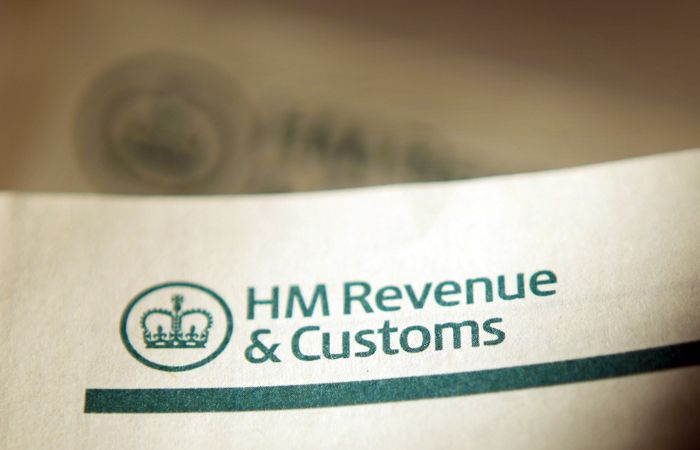
The Treasury collected a total of £5bn in inheritance tax (IHT) receipts in the first seven months of the 2024/25 financial year.
This is an increase of £500m (11%) compared to last year.
The latest figures are the first to be published since Rachel Reeves’ controversial first Budget last month, where significant reforms to the IHT regime were announced.
These included a freeze on the current thresholds for an additional two years and bringing inherited pensions into the scope of IHT from 2027.
Wesleyan specialist financial adviser Jonathan Halberda expects the government’s decision to leave the £325,000 IHT threshold unchanged until 2030 means receipts are only going to increase as more people get trapped.
Halberda said: “Inheritance tax was one of the more contentious revenue-raising measures announced in the recent Budget.
“By leaving the current threshold unchanged until 2030, fiscal drag means IHT will inevitably continue to generate more cash for government coffers, as we have seen in today’s data.
“From April 2027, inherited pensions will also be included, which by the government’s own estimate will mean an extra 10,500 estates will have to pay.”
Halberda also described the Budget as a “missed opportunity” to overhaul and simplify the IHT regime.
He stressed the importance of seeking expert financial advice to “help you formulate a tailored plan that’s right for you and your family.”
Abrdn chief commercial and strategy officer Jonny Black said: “IHT receipts are likely to keep rising, given the extension of the IHT threshold freeze at the Budget and the government’s proposed plans to bring pensions into its scope.
“If people haven’t made plans for passing on their wealth, it’s even more important that they do so now. And if they did have plans, they may need to revisit them.
“IHT is already a complex tax that can be tricky to tackle at a very sensitive time in people’s lives and advisers are instrumental in making it manageable and helping people plan with confidence.”
Between 2024-25 and 2028-29, the OBR now estimates the Treasury will collect more than £50bn in inheritance tax alone, a 19% increase of more than £8bn compared to the forecast made following ex-chancellor Jeremy Hunt’s Spring Budget in March.
Group communications director at retirement specialist Just Group, Stephen Lowe, added: “Inheritance tax has provided a steady stream of income for the Treasury and this year is on track to grow to new record levels for a fourth year in a row.
“These increases start to look modest compared to the forecast inheritance tax takes following the reforms announced in the Budget.
“With the thresholds frozen for another two years, any growth in property prices or other assets will drag more estates over the threshold, as reflected in the number of deaths subject to IHT now forecast to reach nearly 10% by the end of the decade.
“These changes underscore the importance of people staying on top of the value of their estate and keeping an eye on the future.
“Estate planning is complex and professional financial advice can be immensely helpful for people who want to manage their estate efficiently and pass on the maximum inheritance to loved ones.”
Quilter tax and financial planning expert Rachael Griffin said incorporating pensions into the taxable estate from 2027 will “turbo charge” the amount of IHT collected.
The tightening of reliefs for AIM shares and Business Relief (BR) will also raise more for government coffers, she added.
“These figures underscore the government’s reliance on fiscal drag and incremental policy changes to boost revenues without formally increasing headline tax rates.
“While Labour has maintained its pledge not to raise taxes on working individuals, the combination of wage inflation and frozen thresholds means that taxpayers are increasingly being caught in higher tax brackets.
“As the government navigates these complex fiscal dynamics, it will be crucial to monitor the long-term impact on taxpayers and the economy.
“With tax receipts continuing to climb, the need for clear, transparent communication and strategic financial planning becomes ever more critical.”



